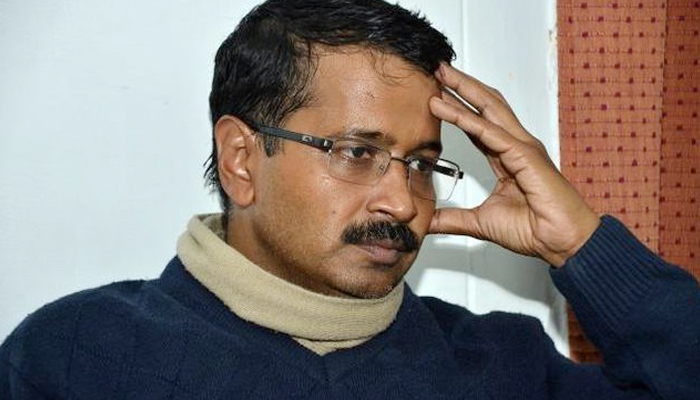TRENDING TAGS :
Arvind Kejriwal's iPhone vs ED: When Apple Refuses to Unlock iPhones for Law Enforcement
Apple refused, citing their policy of protecting user privacy.
Arvind Kejriwal
Law enforcement agencies around the world are increasingly turning to tech companies to help them unlock encrypted devices in their investigations. In a recent high-profile case in India, the Enforcement Directorate (ED) approached Apple to unlock the iPhone of Delhi Chief Minister Arvind Kejriwal. However, Apple, citing its commitment to user privacy, refused to comply.
This incident has reignited the debate on the right to privacy versus the need for national security. On one hand, law enforcement agencies argue that access to encrypted devices is essential for investigating crimes and preventing terrorism. On the other hand, privacy advocates argue that granting governments such access would create a dangerous precedent and could lead to widespread surveillance.
Apple has a long history of refusing to unlock iPhones for law enforcement. In 2016, the company famously locked horns with the FBI in the San Bernardino shooter case. The FBI demanded that Apple create a backdoor to bypass the iPhone's security features, but Apple CEO Tim Cook refused, arguing that doing so would create a "master key" that could be used to unlock any iPhone.
Apple's stance on iPhone encryption is based on the principle of "security by design." The company argues that its devices are designed to be secure from the ground up, and that any backdoor would weaken the security of all iPhones. Apple also points out that iCloud, its cloud storage service, already provides law enforcement with access to a wealth of user data, such as emails, photos, and contacts, with a warrant.
The debate over iPhone encryption is complex and there is no easy answer. Law enforcement agencies have a legitimate need to investigate crimes, but this need must be balanced against the right to privacy of all citizens. Apple's refusal to unlock iPhones has frustrated law enforcement officials, but the company's commitment to user privacy is commendable.
In the wake of the Arvind Kejriwal case, the Indian government is likely to consider new laws that would compel tech companies to provide law enforcement with access to encrypted devices. However, any such laws must be carefully crafted to ensure that they do not infringe on the fundamental right to privacy.
Here are some additional points to consider:
The balance between security and privacy is constantly evolving. As technology advances, law enforcement agencies will develop new methods for accessing encrypted devices. Tech companies, on the other hand, will continue to develop new security features to protect user privacy.
The debate over iPhone encryption is not just about law enforcement. It is also about the power of tech companies. Apple's refusal to unlock iPhones shows that these companies are willing to stand up to governments in defense of user privacy.
The Arvind Kejriwal case is a reminder that the right to privacy is not absolute. There are times when law enforcement may need to access encrypted devices in order to investigate crimes or prevent terrorism. However, this should only be done with a warrant and under strict judicial oversight.
The Arvind Kejriwal case is a significant development in the ongoing debate over iPhone encryption. It remains to be seen how this issue will be resolved, but it is clear that the stakes are high. The outcome of this debate will have a profound impact on the future of privacy and security in the digital age.



